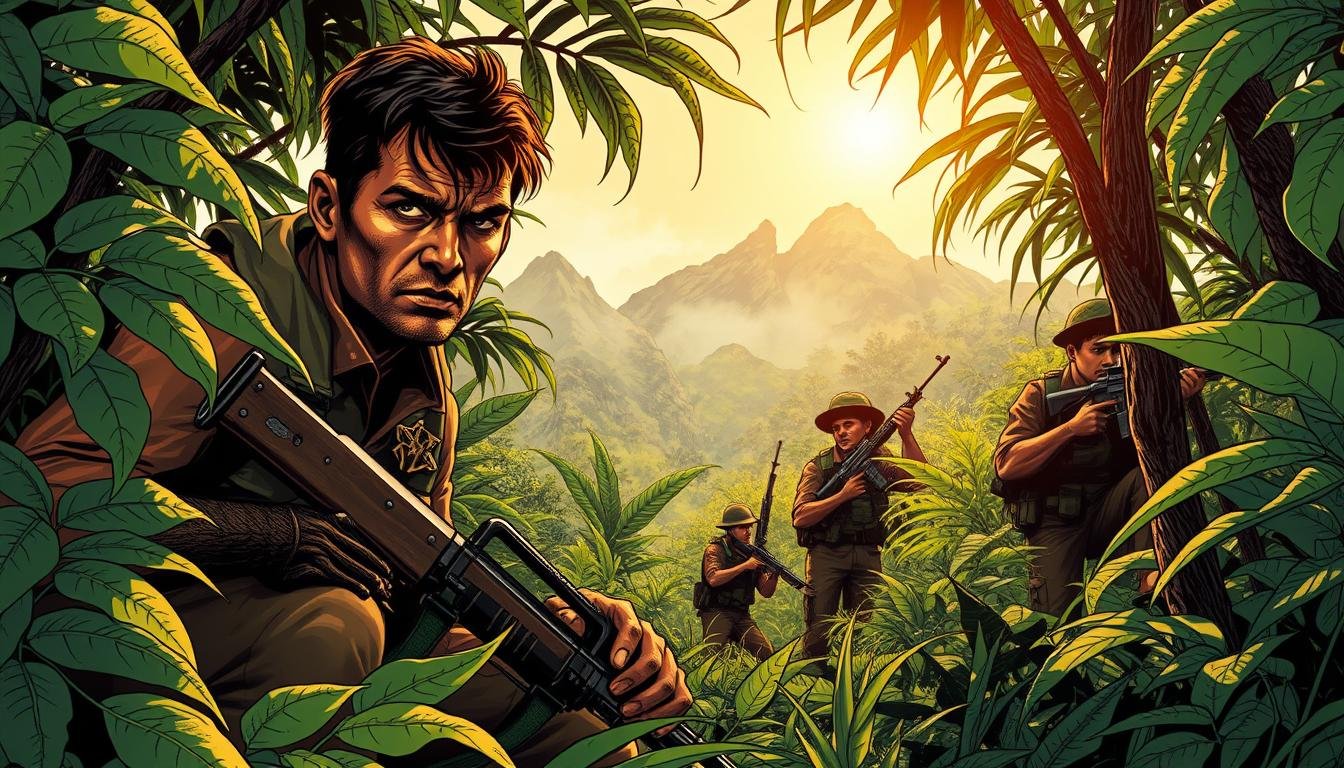The Philippines, an archipelago brimming with diverse cultures and a history marked by resilience, carries within its collective psyche the deep scars and complex legacies of Martial Law. Declared on September 21, 1972, through Proclamation 1081, the period under President Ferdinand Marcos dramatically reshaped the nation’s trajectory. Beyond the political and economic shifts, the Marcos…
Tag: Resistance movements
The Development of the Underground Resistance Movement
For centuries, resistance movements have shaped human history. They have challenged oppressive regimes and occupying forces. These movements are groups of people working together to fight against governments or invaders. In the Philippines, resistance movements have been key in the country’s history. They show how important these efforts are in fighting for freedom and democracy….
The Role of Filipino Collaborators During the Japanese Occupation
The Japanese Occupation of the Philippines, which lasted from 1942 to 1945, was a tumultuous period in the nation’s history. During this time, the Filipino people faced immense challenges, and their responses varied widely. Among these responses, the role of Filipino collaborators remains a complex and often controversial topic. Historically, the term collaborator has been…
The Development of Guerrilla Warfare in the Philippines
Guerrilla warfare has played a significant role in shaping the history of the Philippines. This unconventional military strategy, often used by smaller groups against larger forces, became a defining feature of the country’s struggle for independence. Rooted in both necessity and ingenuity, it reflects the resilience of the Filipino people. Globally, guerrilla tactics have been…




